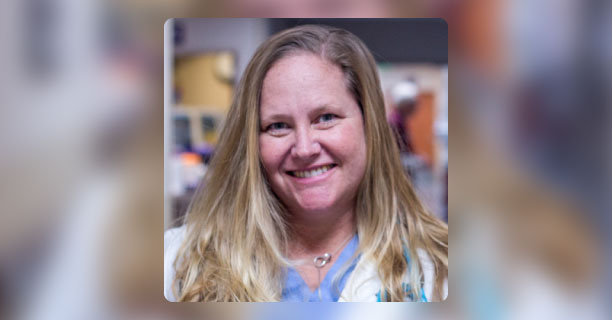By Leslie Pelton, Director, Institute for Healthcare Improvement
It should be great news. The US knows what kind of care to provide for older adults. We have PACE (Programs of All-Inclusive Care for the Elderly) programs in hospitals and communities, ACE (Acute Care of the Elderly) units in hospitals, and GRACE (Geriatric Resources for Assessment and Care of Elders) in hospitals, for example.
The problem is that even though we know what care to provide for older adults, we meet less than 10 percent of the total need in our country with the best evidence-based models of care available. This means that the majority of older adults in the US could be getting care that is unnecessary, ineffective, or harmful. And we know how to prevent this. But too often we don’t.
At IHI we see this as a classic failure of implementation. We understand what it will take to improve the lives of 46 million adults over age 65 in the US today, but we don’t reliably use the best evidence and implement the best practices for every older adult, every time.
Consequently, the John A. Hartford Foundation and the Institute for Healthcare Improvement (IHI) invited leading researchers, physicians, and health systems to develop a model to reliably provide the best care possible for older adults every day and everywhere they encounter the health care system. We reviewed hundreds of articles and care models to find the most effective ways to create what we call an “age-friendly” health system — one that will measurably improve the quality of care for older adults and optimize value for health systems.
We’ve determined that four key interventions are essential to create an age-friendly system of care. If care providers consistently do these four things for every older adult, every time, across care settings, we believe we will save lives and avoid harm. We call them the 4Ms:
-
What Matters — Know and act on each patient’s specific health goals and care preferences. This would include, for example, learning and documenting patients’ end-of-life care wishes.
-
Medication — Optimize medication use to reduce harm and burden, focused on medications affecting mobility, mentation, and what matters. One example would be to use a criteria-driven process to identify high-risk meds for older adults (e.g., Beers or STOPP-START).
-
Mobility — Maintain movement and function and prevent complications of immobility. An essential part of this would be to implement an individualized mobility plan appropriate for each patient’s needs.
-
Mentation — Identify and manage depression, dementia, and delirium across care settings. One approach would be to minimize or eliminate potential safety risks, including psychotropic drugs, physical restraints, and unlocked cabinets and doors, and fall risks.
Is Your Organization Age-Friendly?
If your organization is like most, you may be implementing some of the practices described above, but not all. You may not be applying them reliably for every patient, in every setting, every time.
To determine whether your organization is as age-friendly as your patients need it to be, complete this brief 5-minute survey. Use this self-assessment tool to:
- Better understand your current strengths
- Identify areas in need of improvement
- Reflect on and evaluate specific improvement efforts
Completing the assessment and providing your contact info will also help IHI keep you informed about the progress of the Creating Age-Friendly Health Systems (CAFHS) initiative. Launched by the John A. Hartford Foundation and IHI earlier this year, the CAFHS is currently in the prototyping stage. Together with five health systems (Anne Arundel Medical Center, Ascension, Kaiser Permanente, Providence St. Joseph Health, and Trinity Health) and our partners, the American Hospital Association and the Catholic Health Association, we are testing an Age-Friendly Health Systems model and how to spread it within the prototype organizations.
How will we know we’ve succeeded in creating age-friendly health care? When the 4Ms are part of the care of every older adult, every day, and in every interaction with the health system. We believe this will decrease harm to older adults, increase their satisfaction with their health care, and reduce the use of unnecessary hospital care.
Author Leslie Pelton is Director at the Institute for Healthcare Improvement and oversees the Creating Age-Friendly Health Systems initiative . This post originally appeared on the IHI blog.



